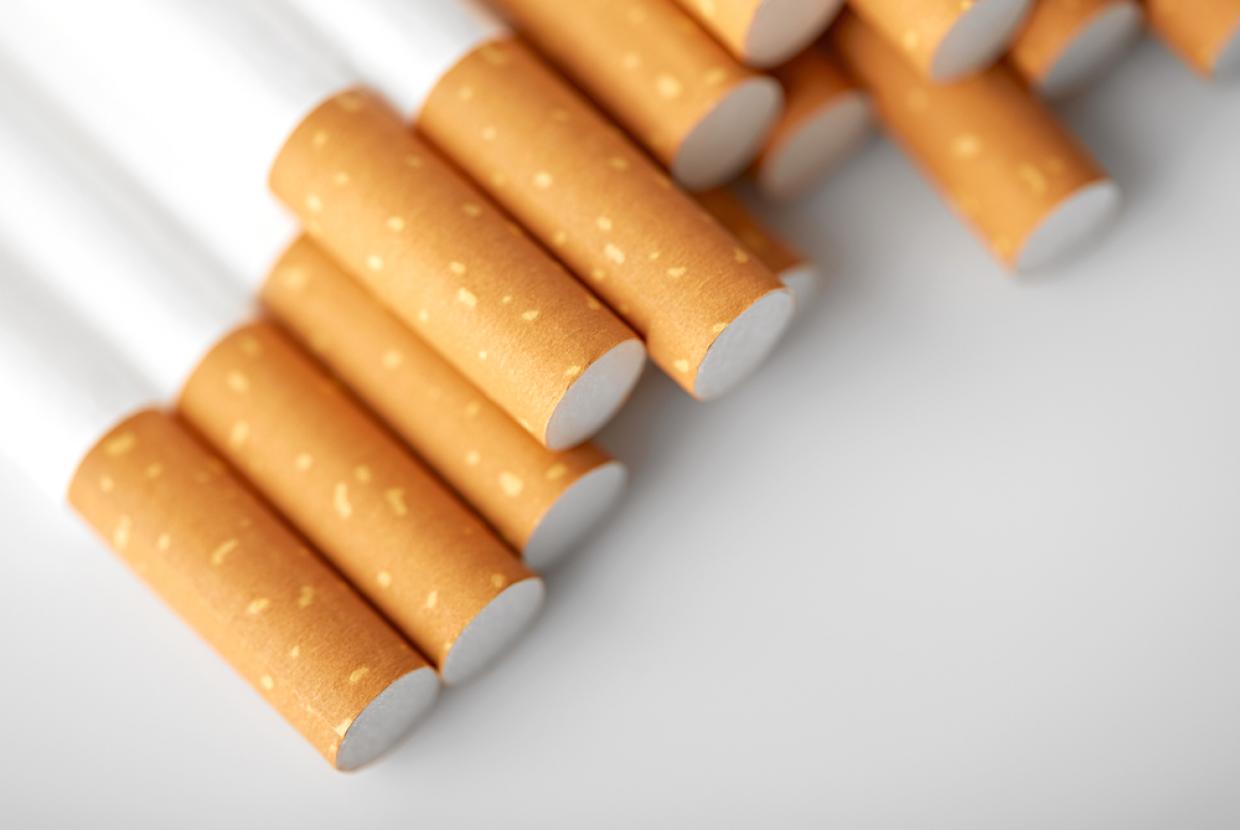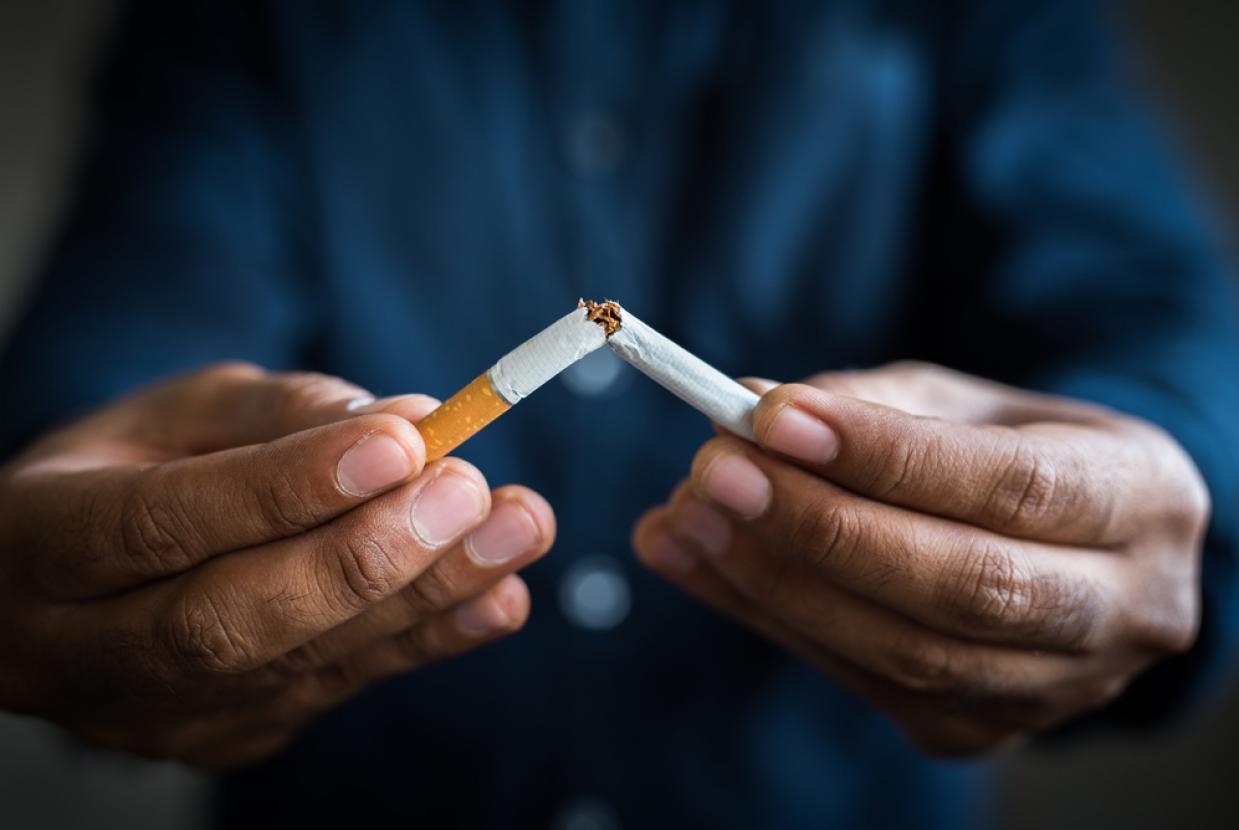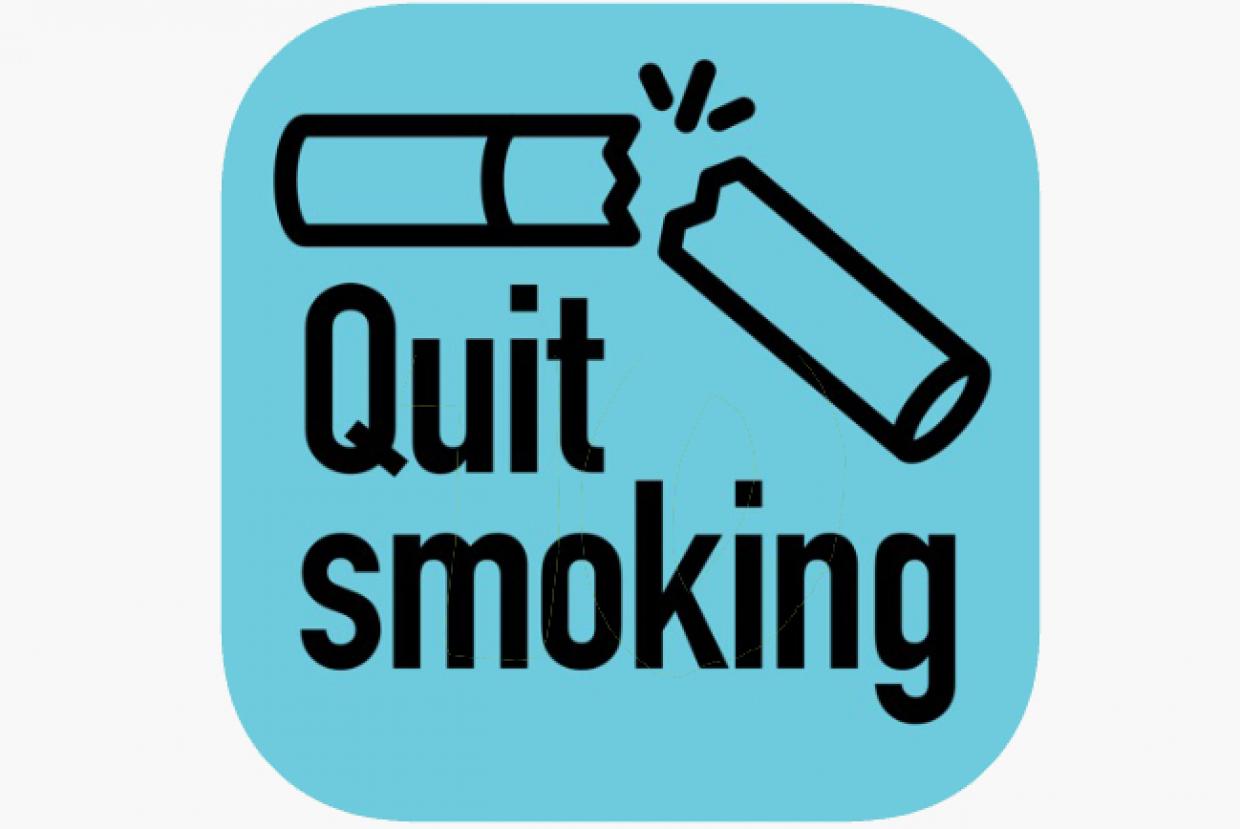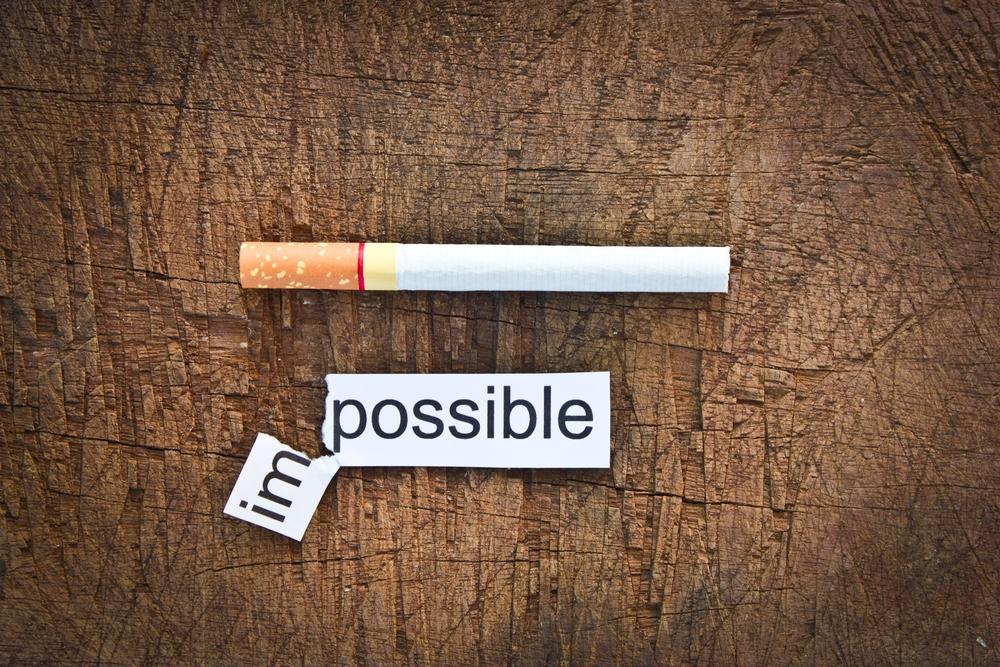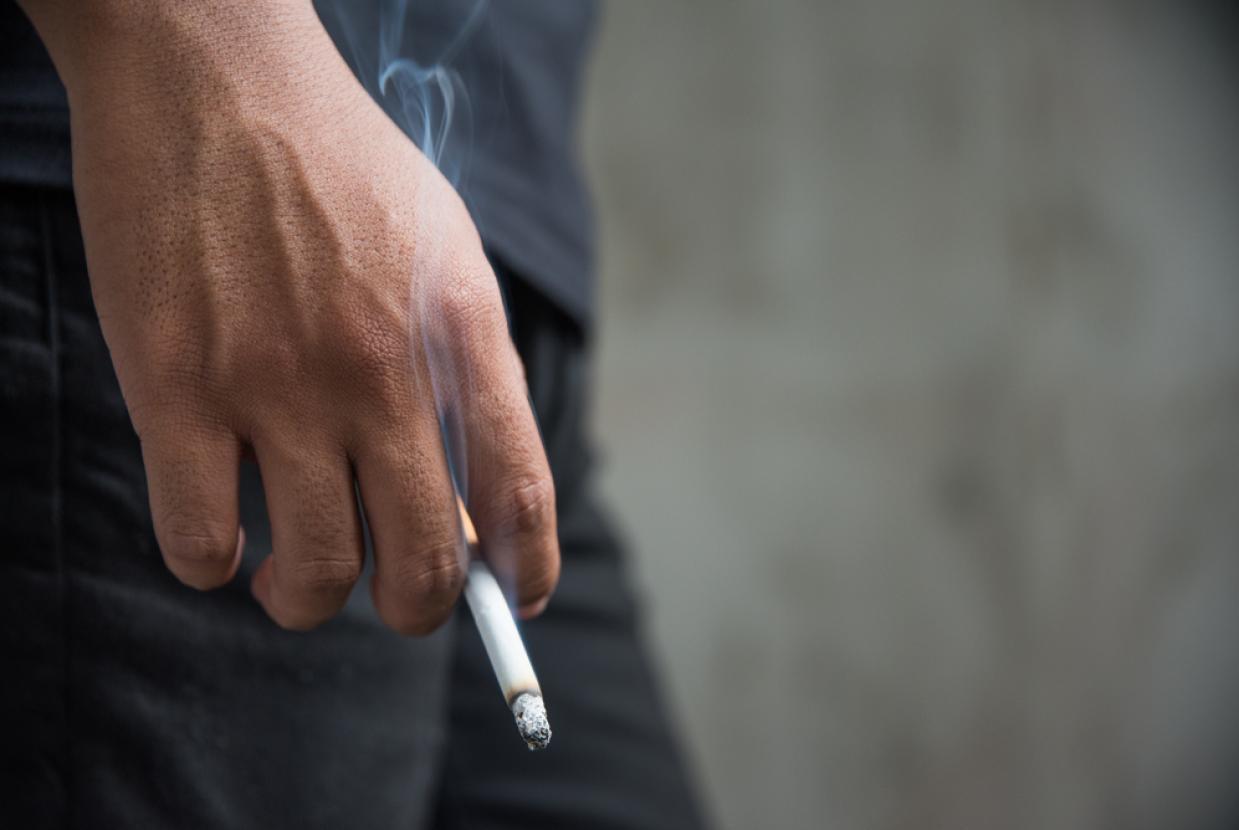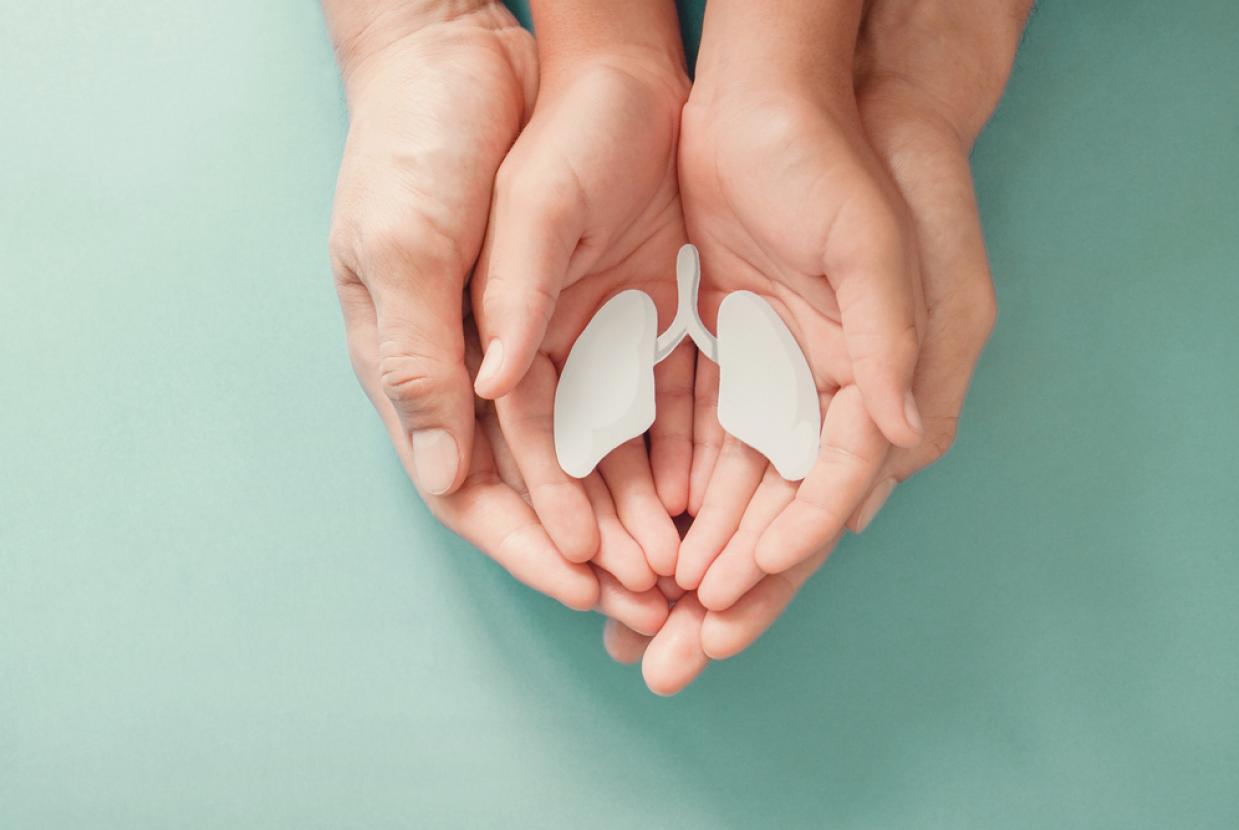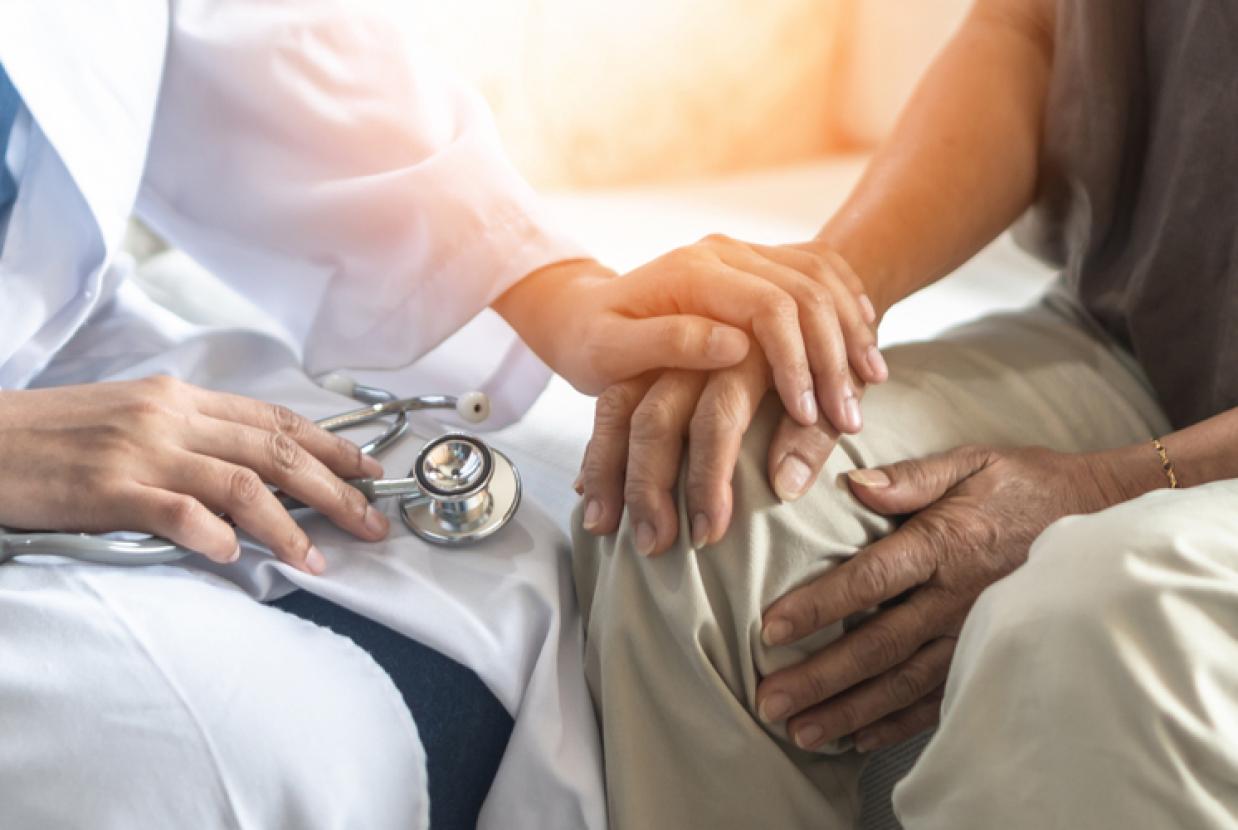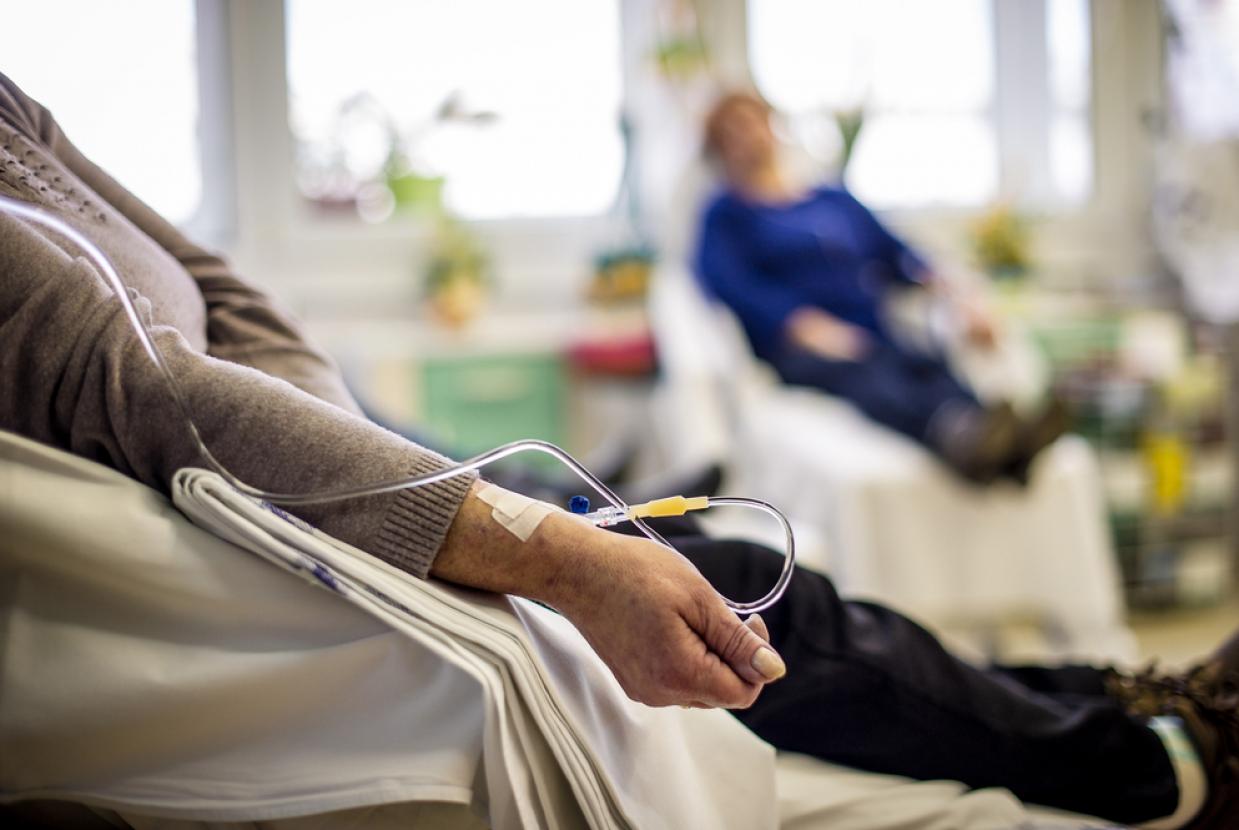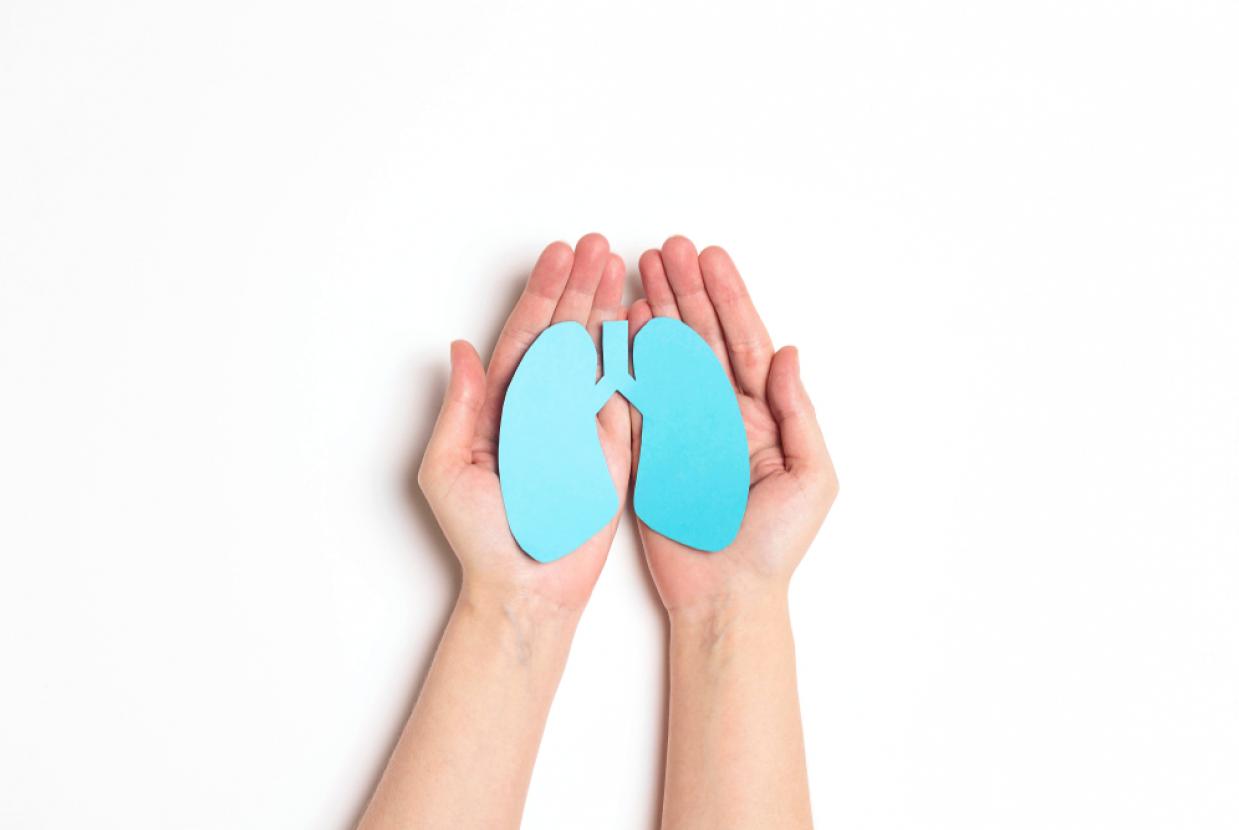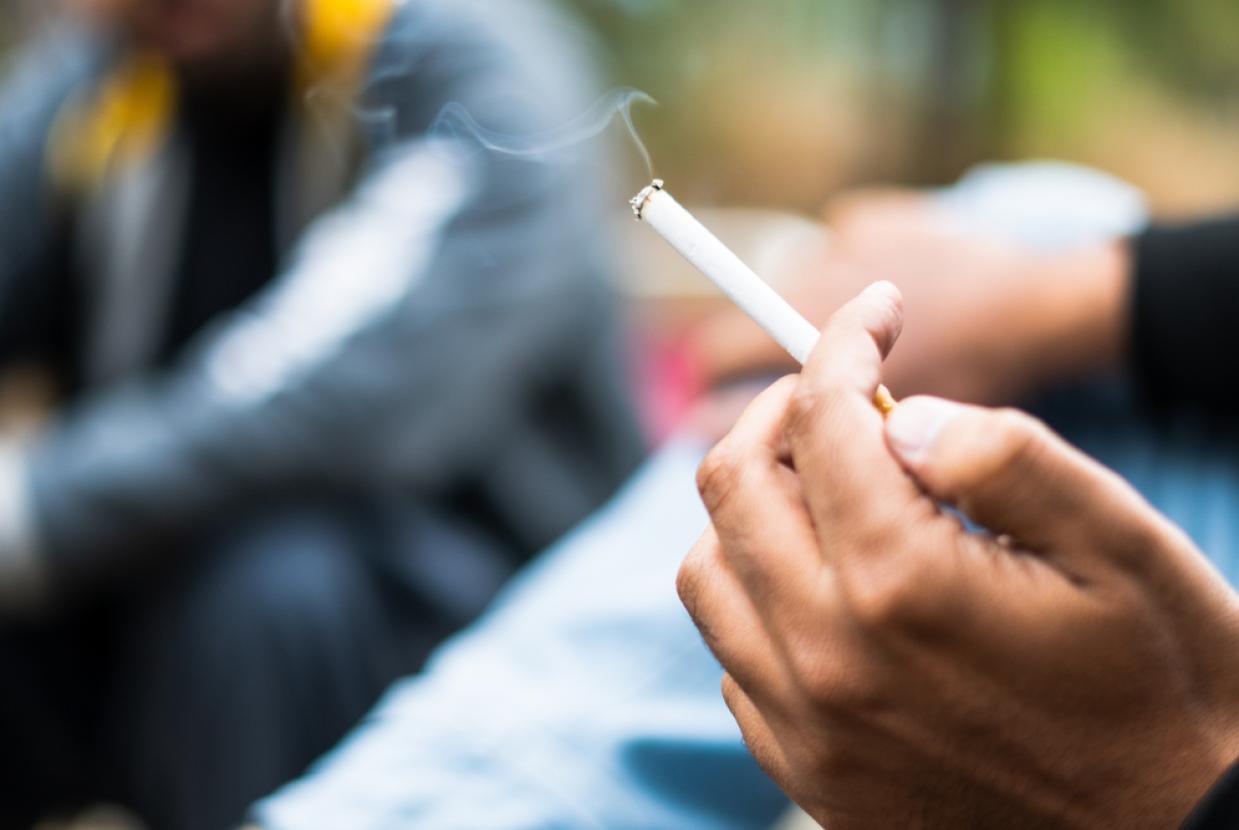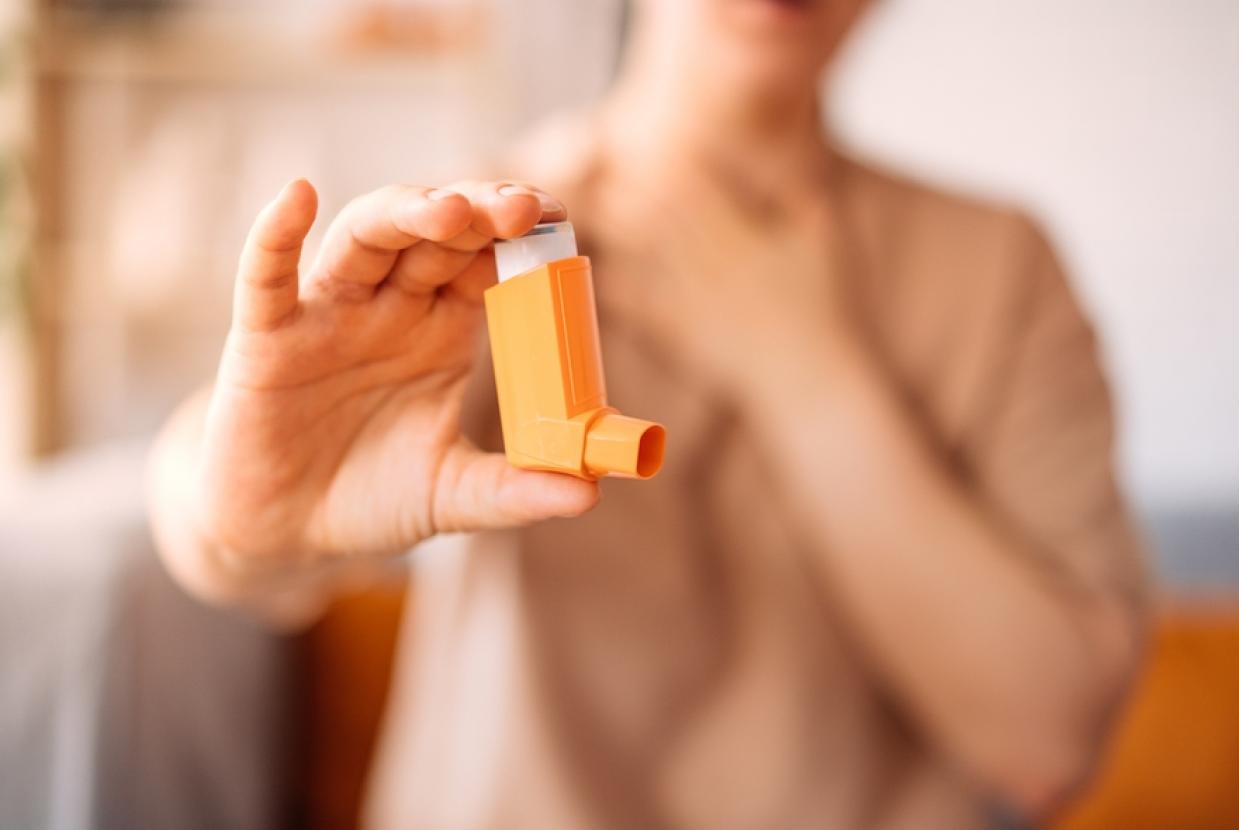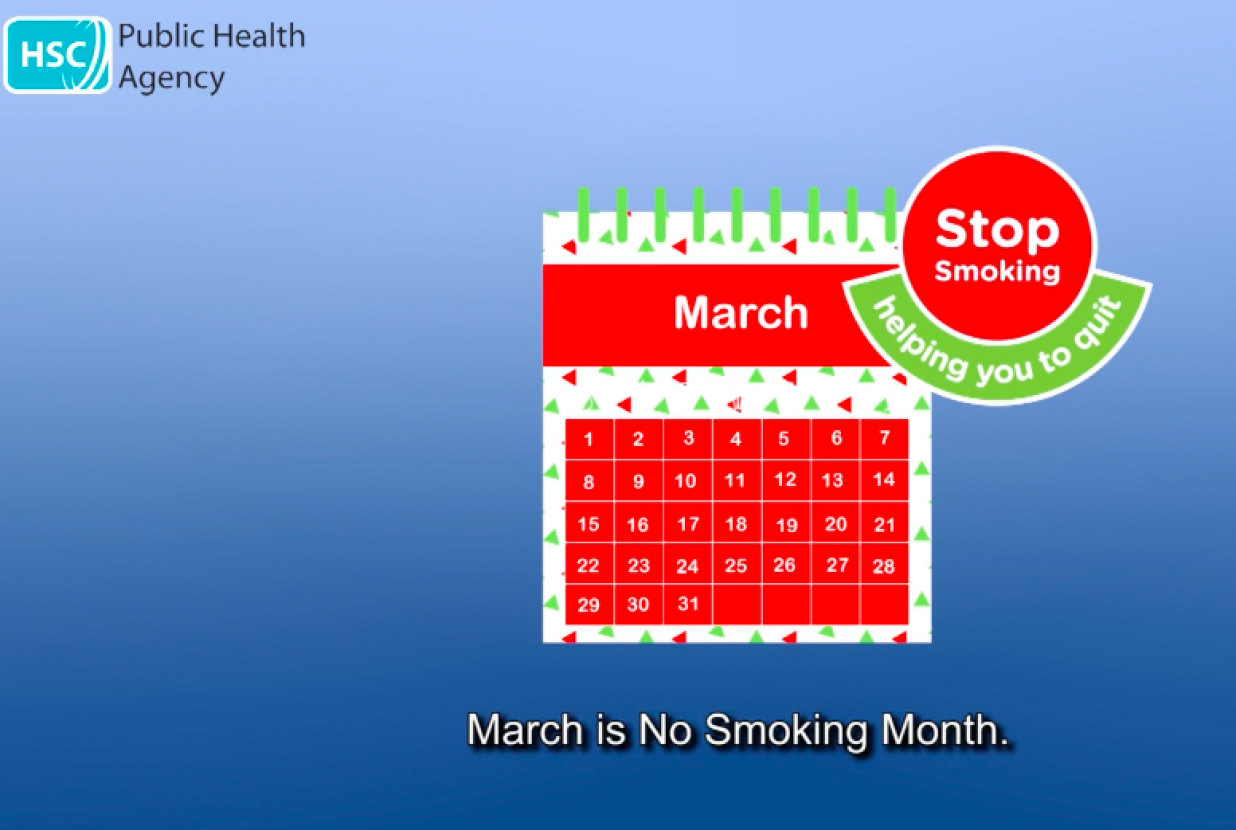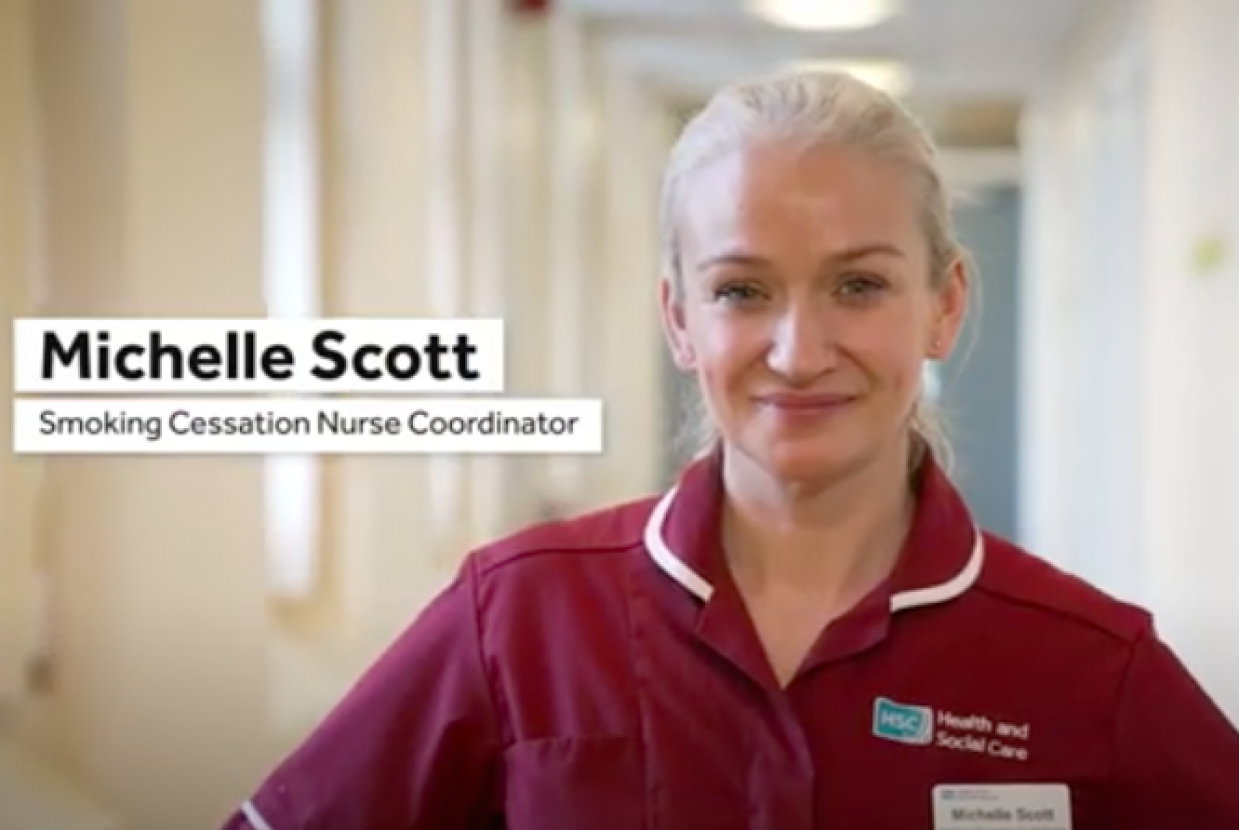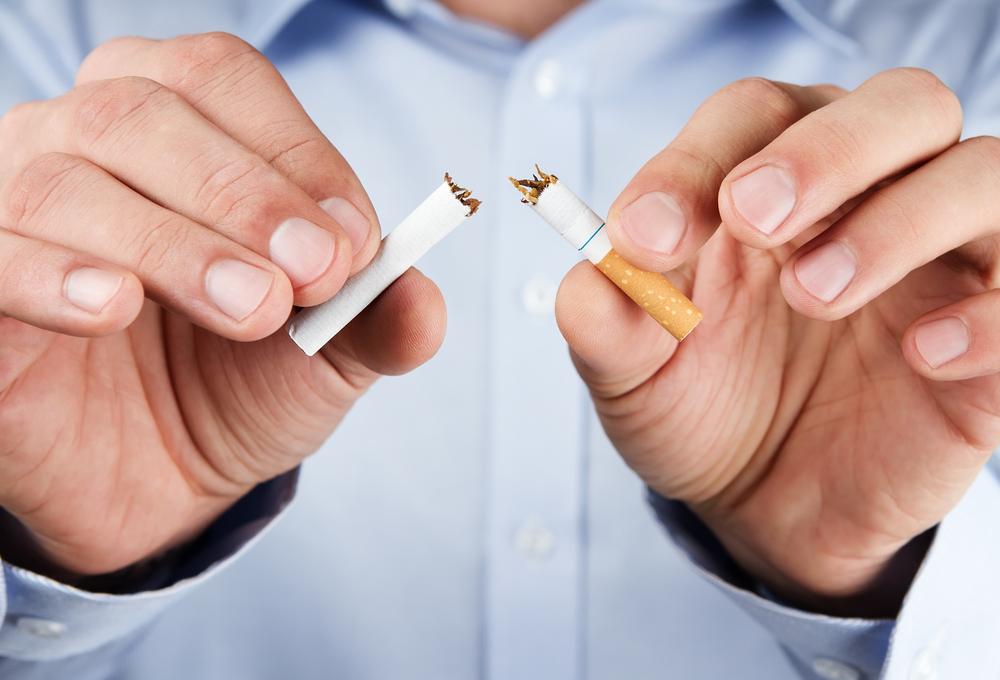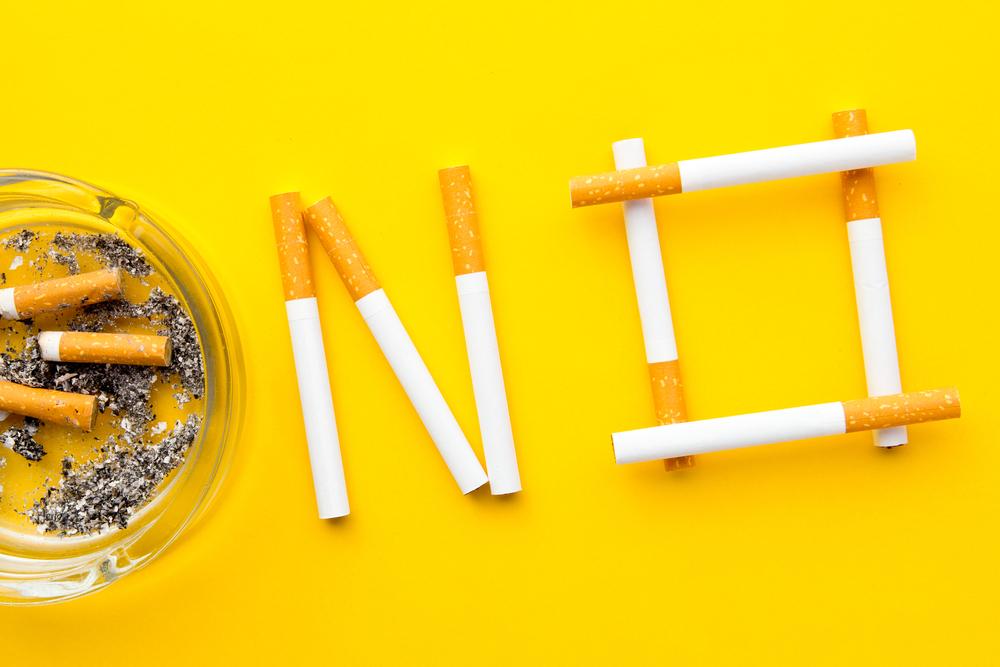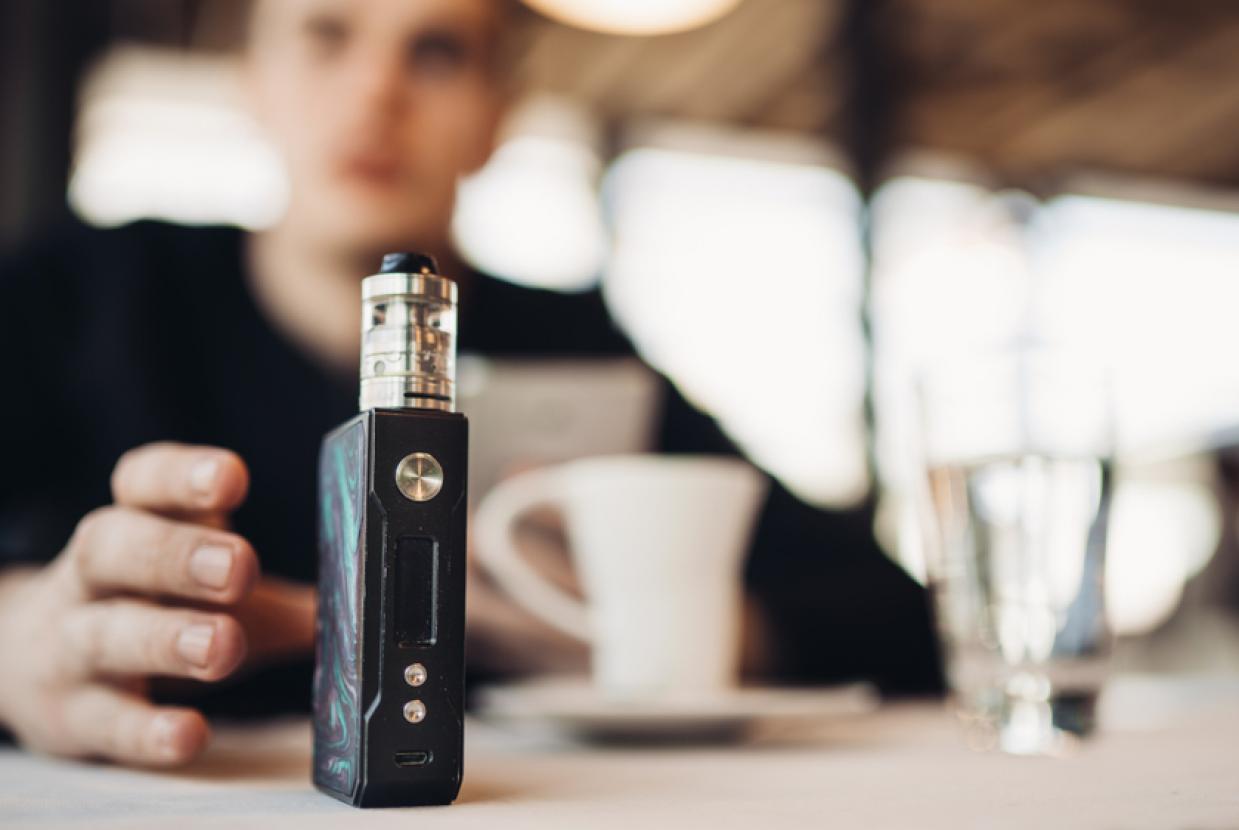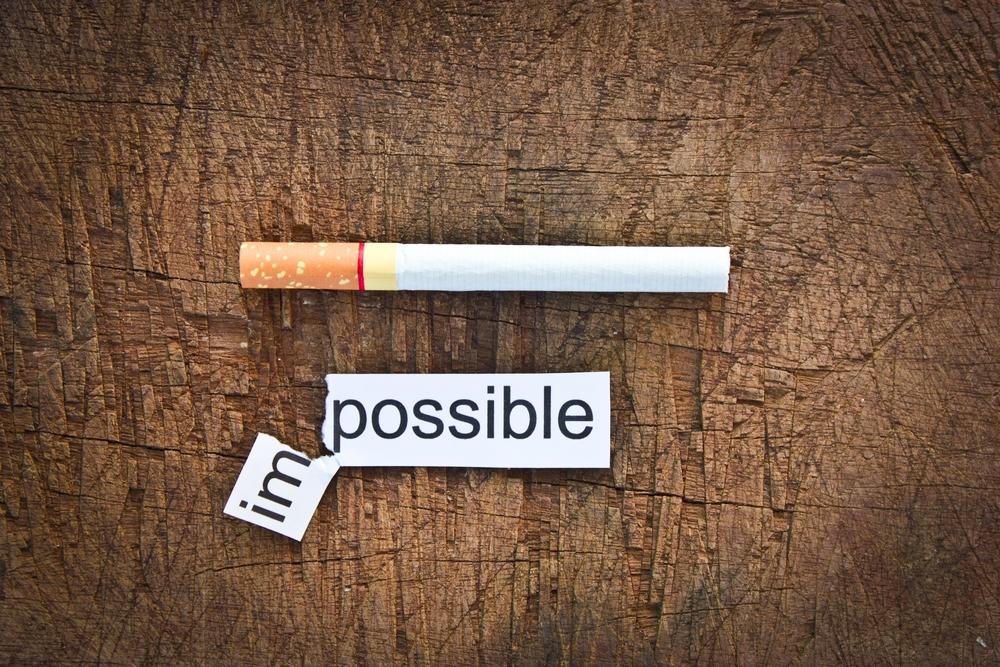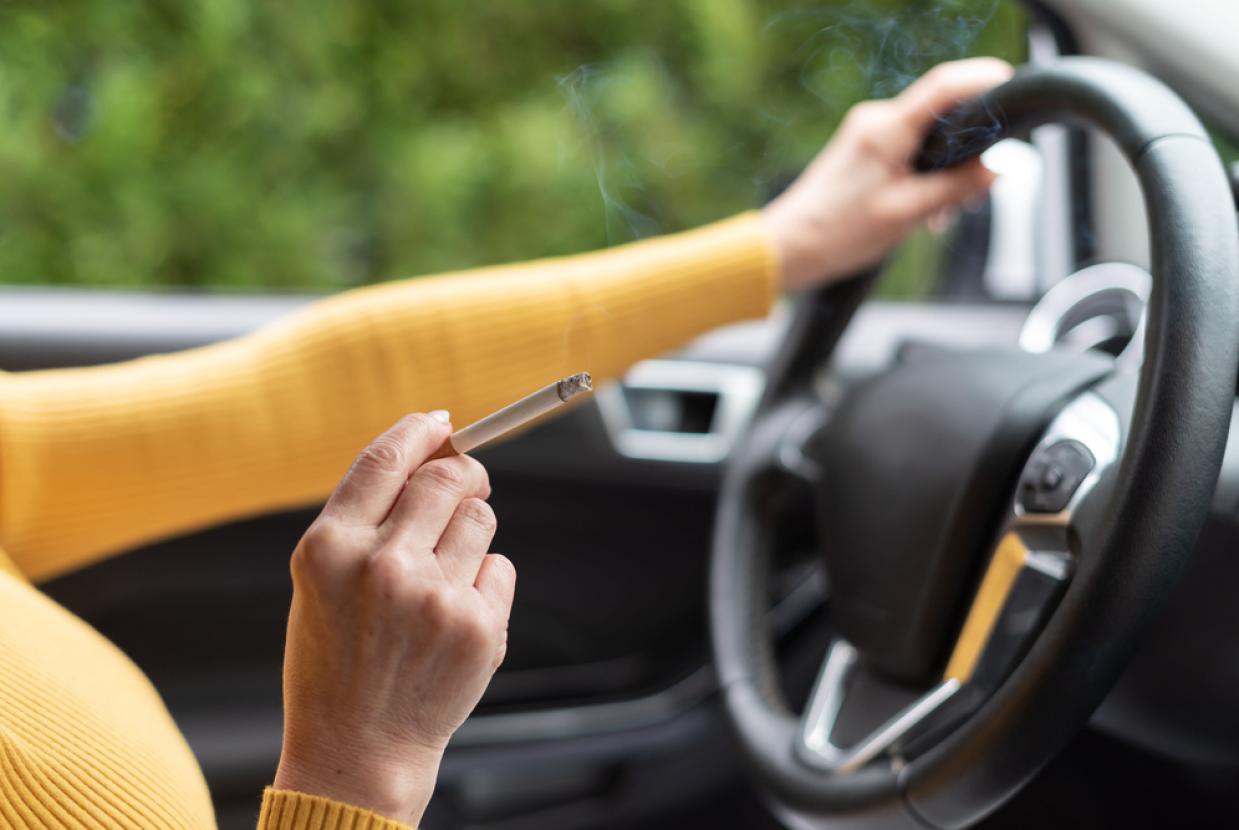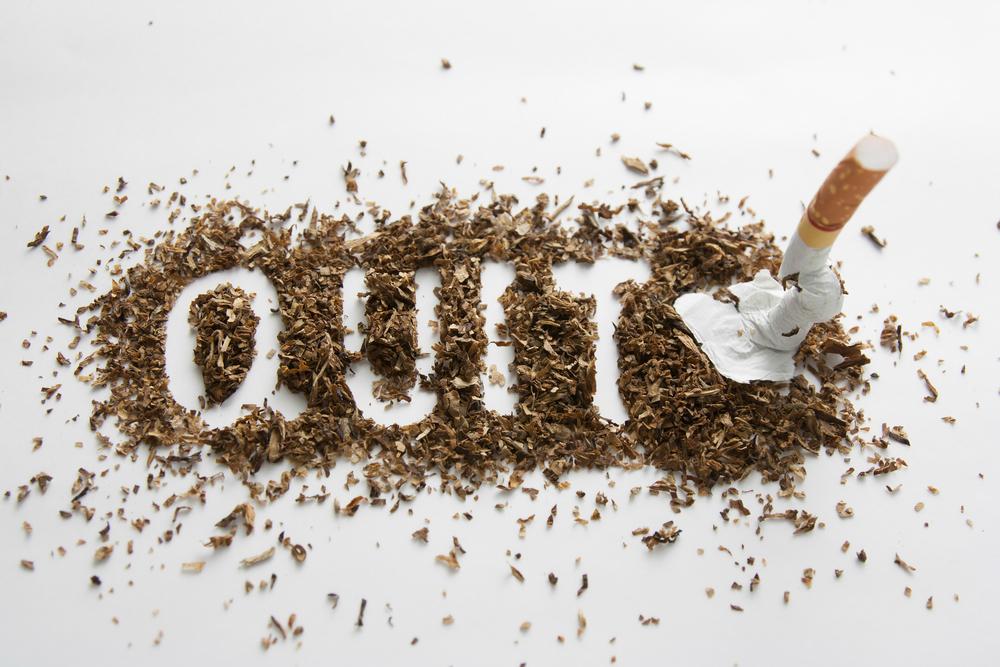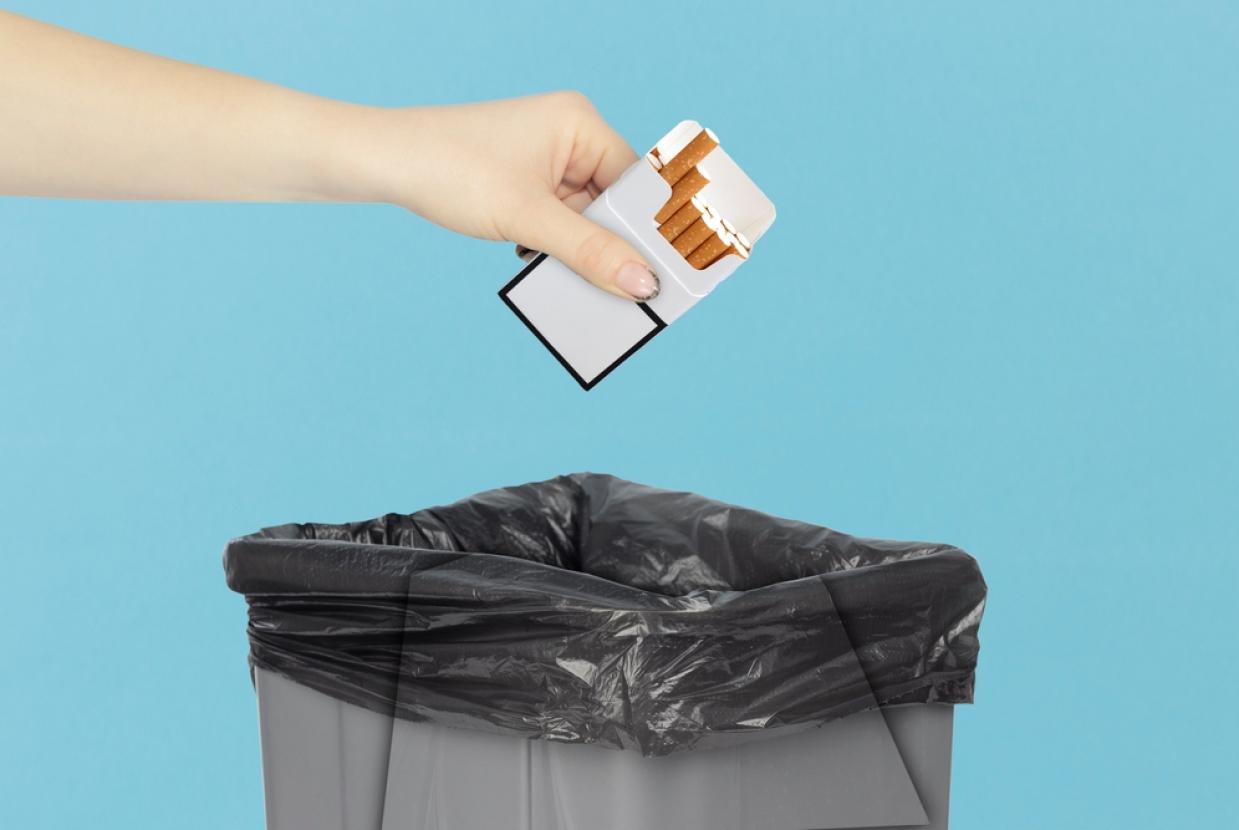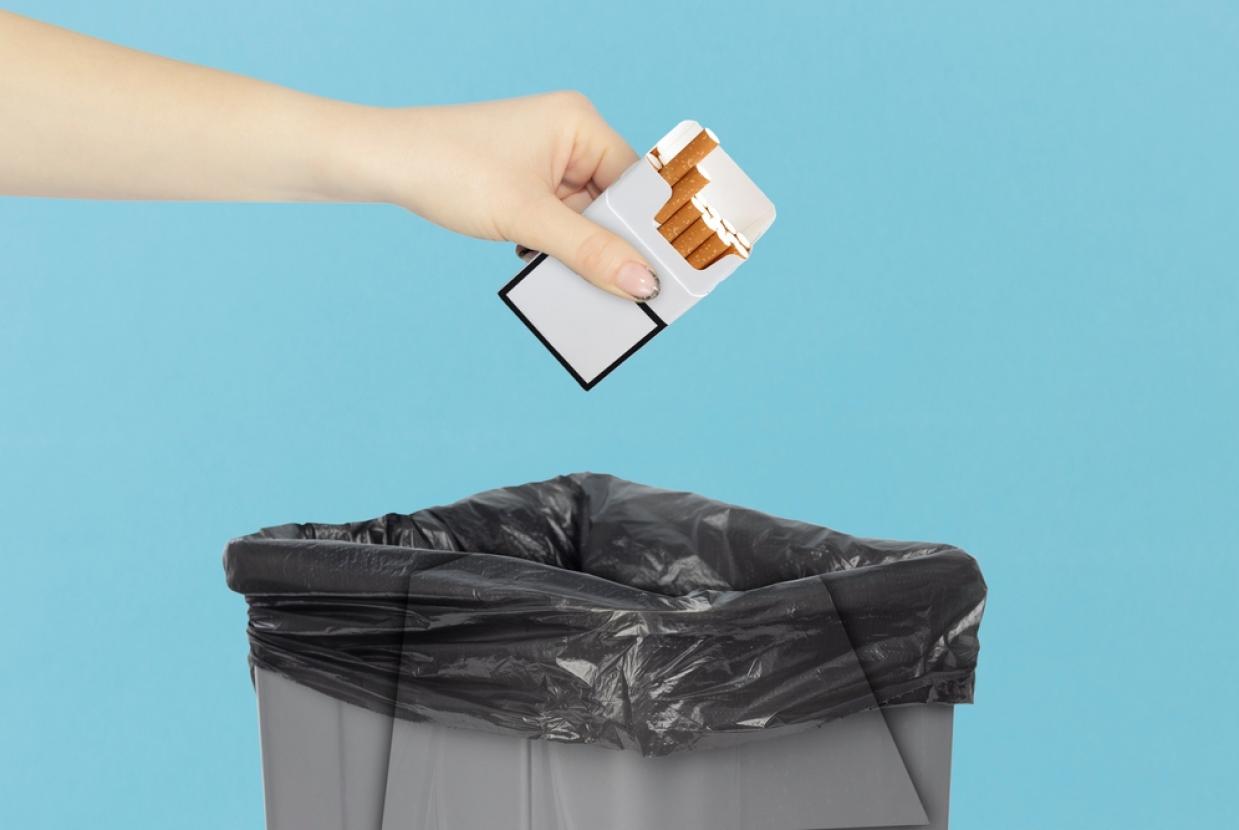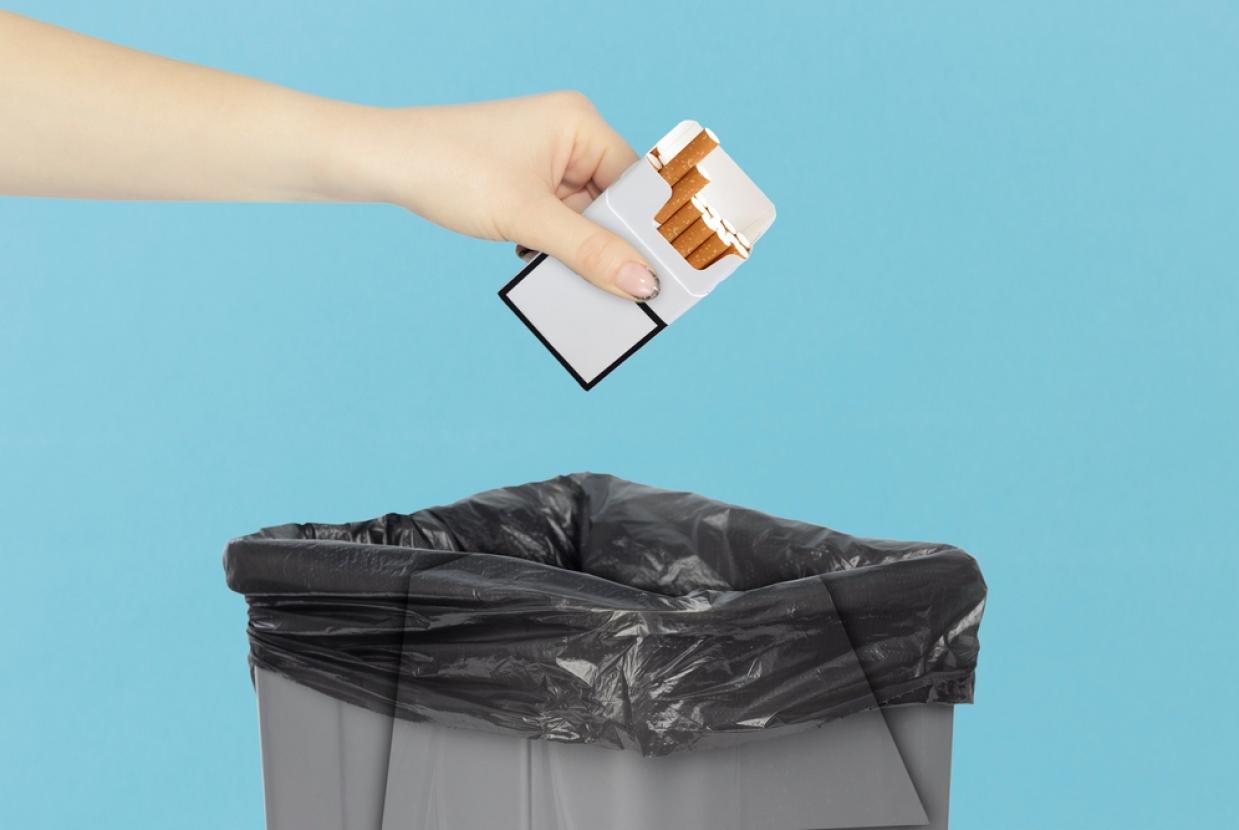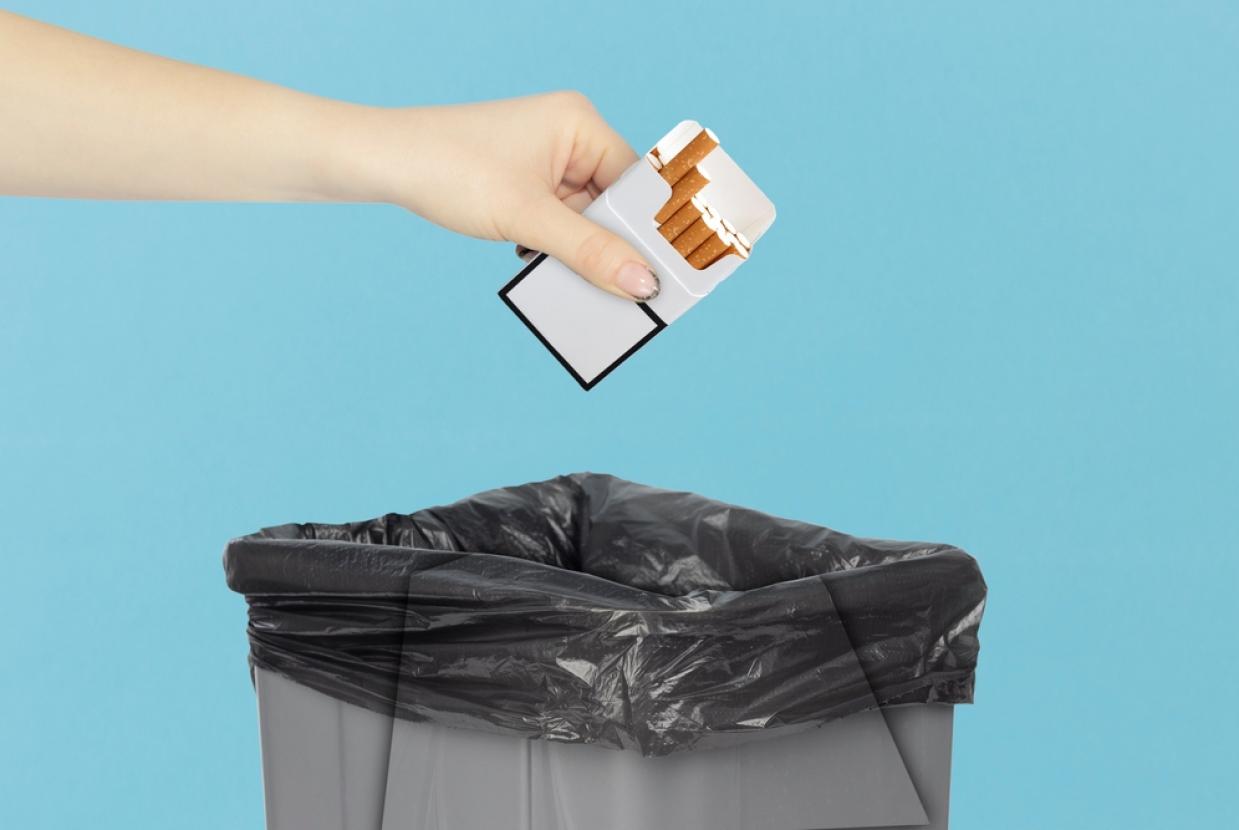Causes & Risk Factors
There are certain things that can increase the risk of developing lung cancer. These are called risk factors. Having a risk factor does not mean you will get cancer. And not having a risk factor does not mean that you will not get it.
Lung cancer is the third most common cancer in the UK. About 49,200 people are diagnosed with it each year. The number of men diagnosed with lung cancer is going down. But the number of women diagnosed with lung cancer is increasing.
Most lung cancers are caused by smoking. This is the biggest risk factor. Smoking is also a risk factor for several other cancers.
Some people who have never smoked can also get lung cancer. This is known as non-smoking lung cancer. Around 15 in 100 people (15%) diagnosed with lung cancer are people who have never smoked. A non-smoker is classed as someone who has smoked less than 100 cigarettes in their lifetime. The Ruth Strauss Foundation has more information.
Smoking
Smoking tobacco is the cause of most lung cancers and the biggest risk factor. This includes smoking cigarettes, cigars and pipes. In the UK, 72% of lung cancer cases are caused by smoking.
The more you smoke and the longer you smoke for the bigger your risk. Starting smoking at a younger age increases the risk. Smoking cannabis which is often mixed with tobacco might also increase the risk of lung cancer.
When people stop smoking, their risk of lung cancer gets lower over time. After 7 years of not smoking, the risk of getting lung cancer is about 43% lower than it is for people who still smoke. After 12 years of not smoking, the risk of getting cancer is about 72% lower than it is for people who still smoke.
We have more information about stopping smoking.
Passive smoking
Breathing in other people’s cigarette smoke is called passive smoking or second-hand smoking. It can slightly increase the risk of lung cancer. The risk is much lower than if you smoke yourself. In the UK, smoking is now banned in enclosed public places and workplaces.
Age
Lung cancer is more common in older people. More than 4 in 10 people (44%) who are diagnosed are aged 75 and over. Lung cancer can affect younger people, but it is rare in anyone under 40. But lung cancer in people who have never smoked is more common in younger people.
Asbestos
Asbestos is a material that was previously used in the building industry. People who have been in prolonged or close contact with asbestos have a higher risk of getting lung cancer. The risk is greater if they smoke.
Exposure to asbestos also increases the risk of cancer of the pleura. This is called mesothelioma. The pleura are the membranes that cover the lungs.
If you worked with asbestos and have lung cancer or mesothelioma, you may be able to claim compensation. Your lung cancer specialist nurse can give you advice on this.
Radon gas
In certain parts of the UK, a natural gas called radon can pass from the soil into the foundations of buildings. Exposure to high levels of radon is not common. But it can increase the risk of developing lung cancer, particularly in people who also smoke.
Air pollution
Research has shown that air pollution can increase the risk of lung cancer. The risk is linked to air quality and how much pollution a person is exposed to. For most people, the risk is very small.
Chemicals and other substances at work
Contact with certain chemicals and substances can increase the risk of lung cancer. Contact with these substances is usually through work. For example, you have an increased risk if you work with:
- asbestos
- silica
- arsenic
- radiation.
Being exposed to diesel fumes through work can also increase lung cancer risk. For most people, the risk is very small.
Previous cancer treatment
People have a slightly increased risk of lung cancer if they have previously had radiotherapy to the chest to treat:
- lymphoma
- testicular cancer that has spread.
The risk is higher if you smoke. The benefits of treatment far outweigh the risk of developing lung cancer, especially as these cancers can be cured.
Lowered immunity
Having lowered immunity because of illness or treatment can increase the risk of lung cancer. People have a lowered immune system if they:
- have HIV or Aids
- take immunosuppressant drugs after an organ transplant.
Family risk
People with a parent who had lung cancer have an increased risk of developing it. People who have a brother or sister with lung cancer have a higher risk, especially if they were diagnosed at a younger age.
Doctors do not know why this is. It could be caused by a lung cancer gene that runs in the family (inherited). Or it could be caused by shared risk factors such as smoking.
If you are worried about lung cancer in your family, you may find it helpful to talk to your GP.


